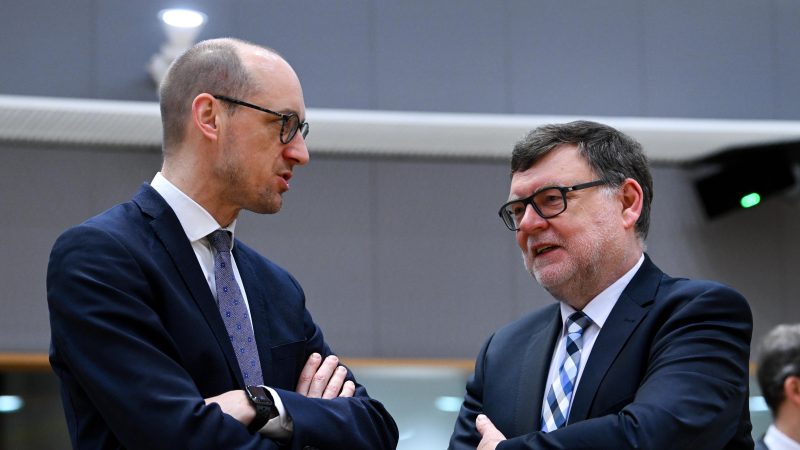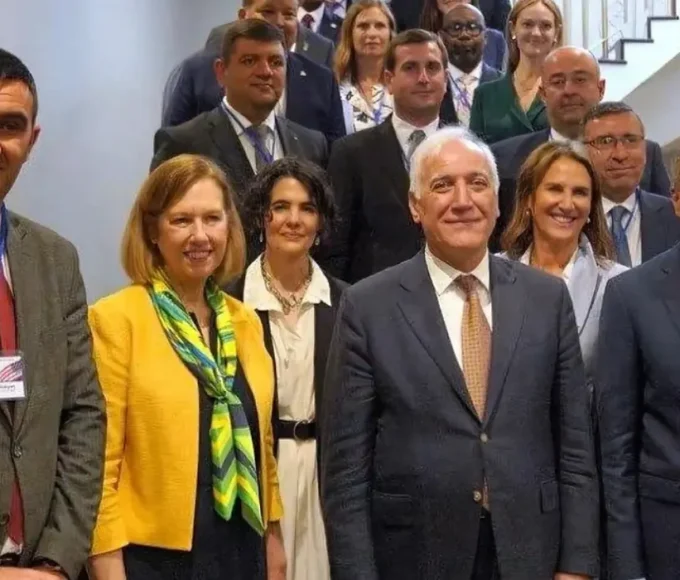Euractiv got hold of the Belgian Presidency’s plan to unblock the EU Energy Taxation Directive, which is currently stuck because of the unanimity rule applying to tax matters.
As part of its Green Deal programme, the European Commission proposed a revision of the directive in 2021 to ensure that minimum tax thresholds for decarbonised energies are lower than those applied to fossil fuels.
But with the unanimity rule applying to tax matters and the the June European elections approaching, the clock is ticking to get the legislation adopted before the Parliament enters recess.
The Belgian EU Presidency is now trying to break the deadlock with a proposal bringing further exemptions from the directive, focusing on biomass plants.
“Given the strong position of a significant number of delegations,” the presidency proposes to exclude wood and charcoal from the scope of the directive, reads the Belgian compromise text obtained by Euractiv.
Following a proposal from the Spanish EU Presidency last year, Belgium also intends to be stricter on installations using peat and peat litter as fuel.
As a result, only plants with a capacity of less than 7.5 MW will be exempt from the thresholds, as opposed to the 10 MW proposed by Spain.
Municipal waste used as fuel is also excluded.
“In order to take into account the Member States’ economic, geopolitical, geographical and social circumstances”, the Belgian Presidency is proposing total or partial exemptions for energy used for military, security, aircraft search and rescue operations and aerial firefighting, reads the text obtained by Euractiv.
The same applies to energy for small-scale coastal fishing and maritime transport under certain conditions.
Member States like Bulgaria and Romania, whose average GDP per capita is half the 27 combined, can also provide exemptions for 20 years.
Exceptional situations
In the event of an “unexpected and exceptional” increase of at least 15% in the price of a product compared to the average retail price of that product over the previous 12 months, the Belgian Presidency is proposing a six-month exemption.
Finally, based on the Spanish Presidency’s proposal, Belgium reiterates that Member States should be able to exempt electricity generated by installations with less than 850 MWh/year or 500 kW of installed generating capacity as long as the power generated is not fed into a public network. The same applies to biogas not injected into a public network from 3,000 GJ/year production or 500 kW installed generating capacity.
There are also ongoing discussions about whether or not thresholds should be differentiated according to the type of electricity generation.
This article is originally published on euractiv.com








